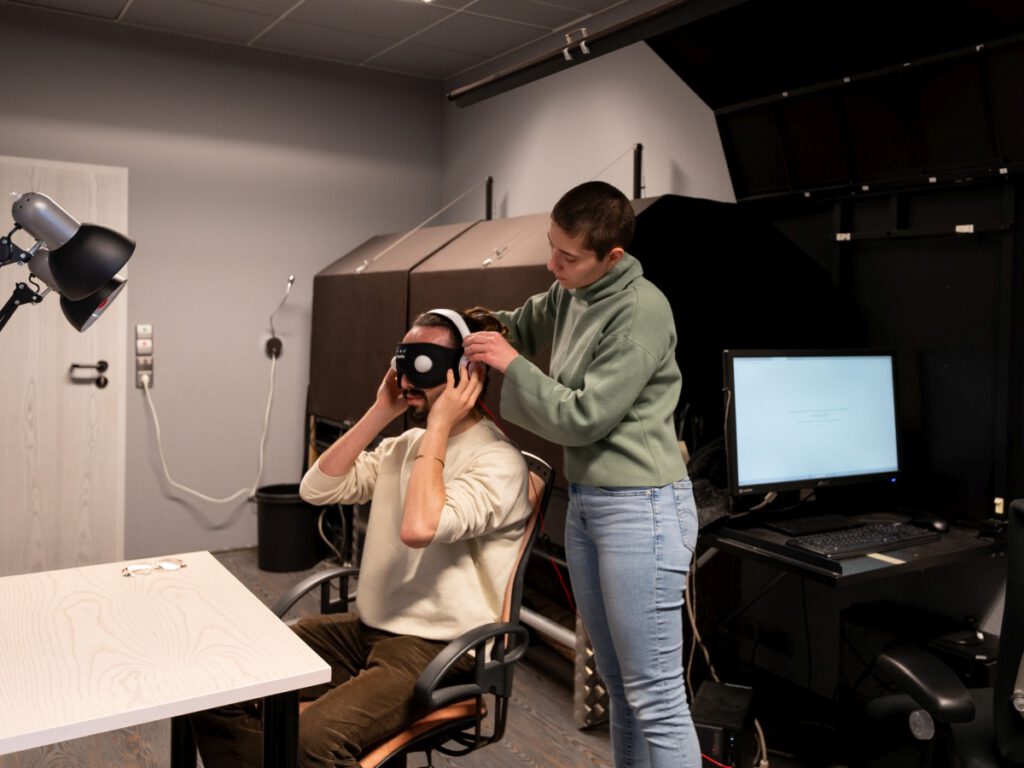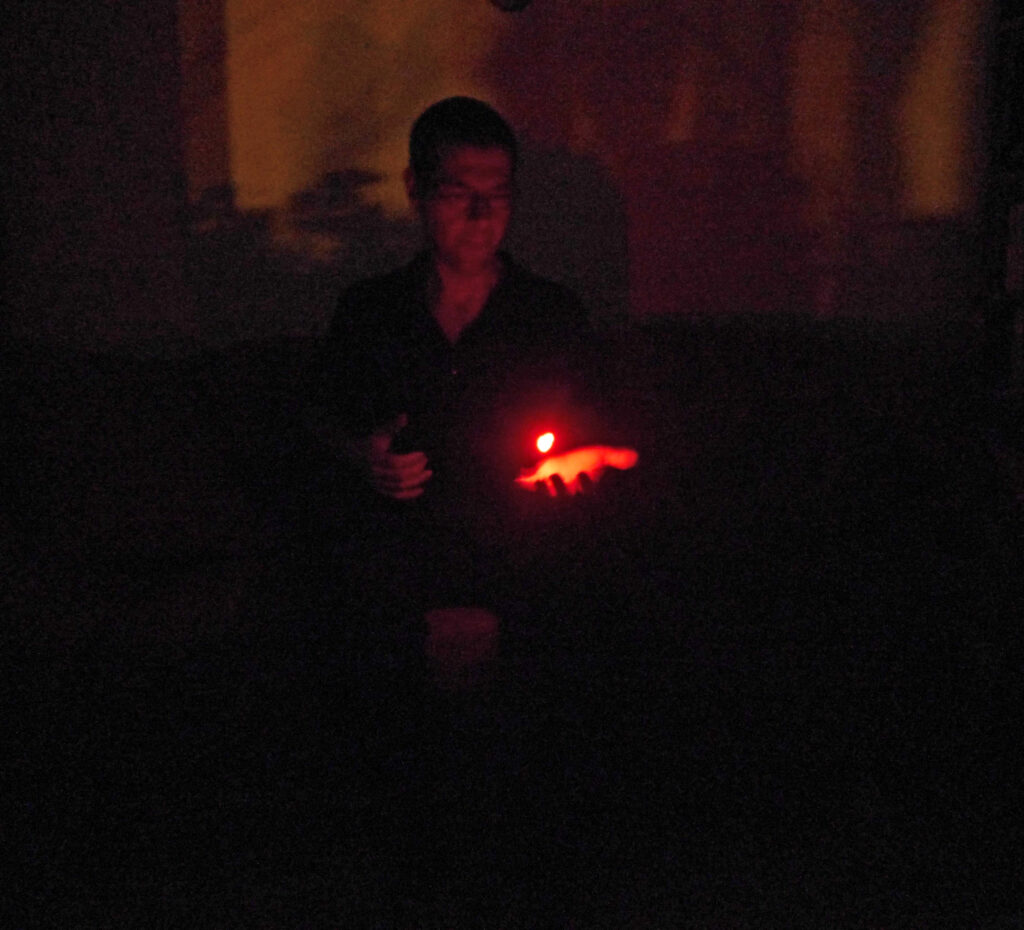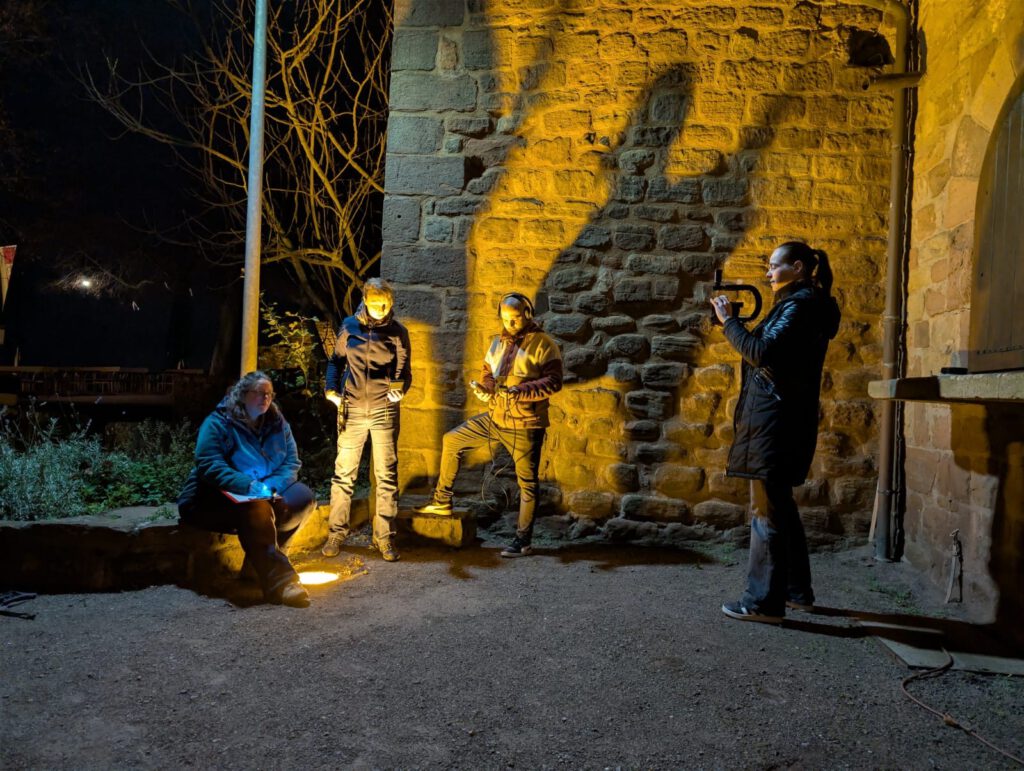In the context of the Institute’s work, the term parapsychology refers to the methodical and systematic investigation of exceptional human phenomena and experiences from an interdisciplinary perspective. In the relevant research, these phenomena are summarized under the Greek letter “psi” (Ψ) and usually examined in detail under “extrasensory perception (ESP)” and “psychokinesis (PK)”.
Field of Research
Parapsychology and Paranormal Phenomena
Learn more
ESP refers to phenomena such as telepathy, clairvoyance and precognition, which give the impression that they occur “outside” or independently of the usual sensory organs (popularly known as the “sixth sense”). Psychokinesis (PK) refers to phenomena that give the impression that people ‘directly’ influence or attempt to influence physical or biological systems, whereby these influences appear to lie outside of previously known scientific interactions.
Exceptional human phenomena and experiences have always been reported in cultural history, but their reality status has always been disputed (“psi controversy”). The task of parapsychology is to use the usual research methods of the social, cultural and natural sciences to find possible explanations for alleged psi phenomena, i.e. to distinguish potential “real” effects from unintentional perceptual illusions, deliberate attempts at deception, errors and symptoms of mental illness, and thus to contribute to educating the public (“mental health”).






